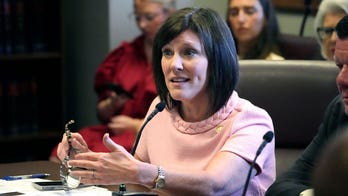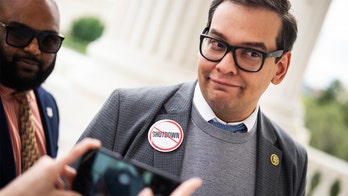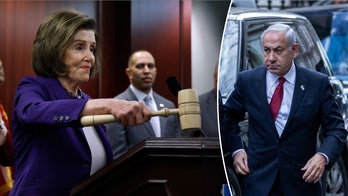President Bush on Friday demanded that any auto bailout measure passed by Congress require car companies to pay back taxpayers.
He said that he is concerned that some automakers may not survive over the long-term, and urged Congress to act next week on his approach to helping the troubled industry, which would tap billions of dollars from a Department of Energy program previously approved and funded to develop fuel-efficient vehicles.
Bush spoke to reporters Friday on the South Lawn not long after the release of a government report showing the biggest month of job losses in 34 years.
Bush says that if any federal dollars are given to the car companies, the money must all be paid back.
He says he is concerned about providing taxpayer money to companies "that may not survive."
Bush's statement came as the executives of Detroit's Big Three automakers continued to plead their case for a $34 billion bailout on Capitol Hill.
Bush also used the word "recession" for the first time to describe the economy's state. The White House refused to use the term until Monday, when a panel for the National Bureau of Economic Research gave official word that the economy is in a recession and has been since last December.
"Our economy is in a recession," he said flatly. "This is in large part because of severe problems in our housing, credit and financial markets, which have resulted in significant job losses."
Reacting to the November jobs report, which showed a huge jump in the unemployment rate to 6.7 percent, Bush expressed deep concern for Americans who have lost jobs, but also said there are some encouraging signs about the credit markets.
"There is still more work to do," he said. "My administration is committed to ensuring that our economy succeeds."
At 12 months, the current recession is already the longest since a severe 16-month slump in 1981-82. Many economists say this downturn will ultimately set a new record for the post-World War II period.
Bush offered reassurance that the steps his administration is taking will restore the economy's health.
"We're focusing on the root causes of the economic downturn in order to return our economy to health," he said, noting that the most pressing problem was a frozen credit market.
"We're working to stabilize the markets and make credit more affordable and available," he said. "And credit is beginning to move. A market that was frozen is thawing."




